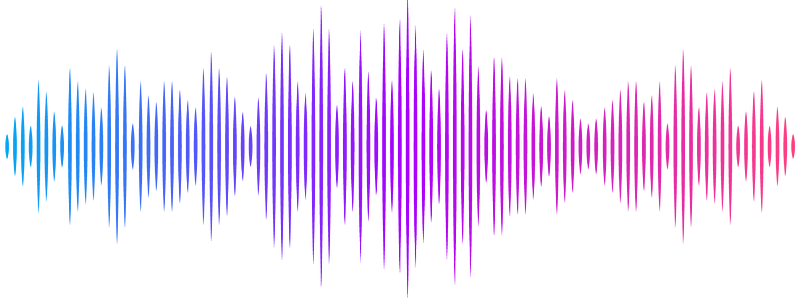Closed-loop modulation of remote hippocampal representations with neurofeedback

Closed-loop modulation of remote hippocampal representations with neurofeedback
Coulter, M. E.; Gillespie, A. K.; Chu, J. P.; Denovellis, E. L.; Nguyen, T. T. K.; Liu, D.; Wadhwani, K.; Sharma, B.; Wang, K.; Deng, X.; Eden, U.; Kemere, C.; Frank, L. M.
AbstractHumans can remember specific events without acting on them and can influence which memories are retrieved based on internal goals. However, current animal models of memory typically present sensory cues to trigger retrieval and assess retrieval based on action. As a result, it is difficult to determine whether measured patterns of neural activity relate to the cue(s), the retrieved memory, or the behavior. We therefore asked whether we could develop a paradigm to isolate retrieval-related neural activity in animals without retrieval cues or the requirement of a behavioral report. To do this, we focused on hippocampal \"place cells.\" These cells primarily emit spiking patterns that represent the animal\'s current location (local representations), but they can also generate representations of previously visited locations distant from the animal\'s current location (remote representations). It is not known whether animals can deliberately engage specific remote representations, and if so, whether this engagement would occur during specific brain states. So, we used a closed-loop neurofeedback system to reward expression of remote representations that corresponded to uncued, experimenter-selected locations, and found that rats could increase the prevalence of these specific remote representations over time; thus, demonstrating memory retrieval modulated by internal goals in an animal model. These representations occurred predominately during periods of immobility but outside of hippocampal sharp-wave ripple (SWR) events. This paradigm enables future direct studies of memory retrieval mechanisms in the healthy brain and in models of neurological disorders.
